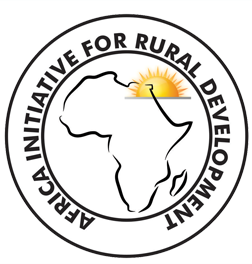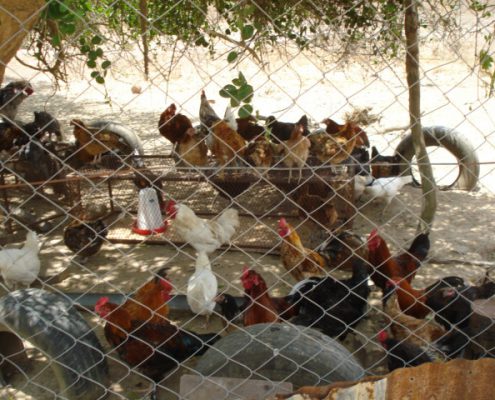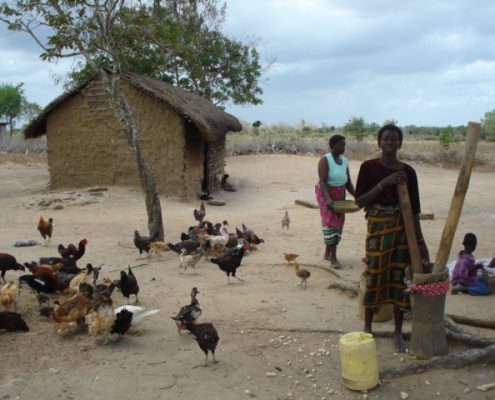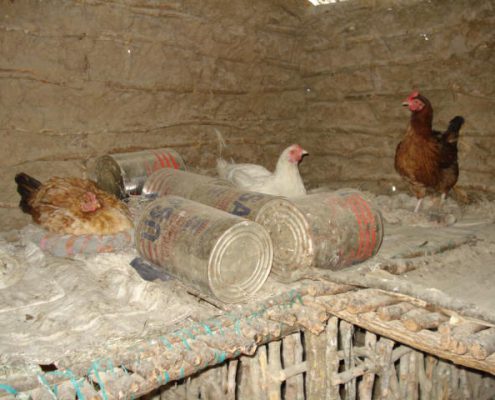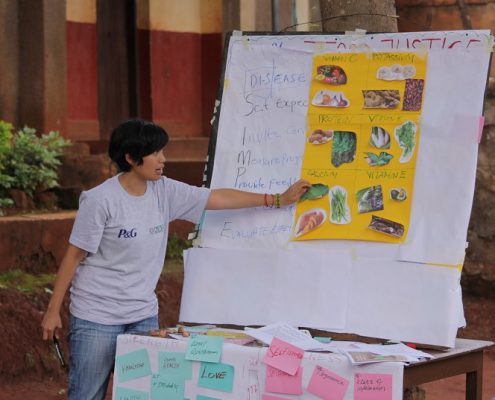Food Security, Agriculture and Climate Change
Kenya like other countries in the world is experiencing adverse effects of climate change. Climate change has caused negative socio-economic effects across most sectors with the most vulnerable being agriculture and livestock, forestry, water, health, fisheries, energy, tourism as well as physical and social infrastructure. Some of the general adverse effects of climate change experienced in Kenya include; Variations in weather patterns (reduced rainfall and failed seasons); frequent and prolonged droughts and diminishing water resources; floods/flash floods and landslides; environmental degradation and habitat destruction; resurgence of pests and diseases; loss of biodiversity; severe famine and hunger causing food insecurity and resource use conflicts
To be sustainable, agriculture needs to remain productive and profitable, with minimal environmental impact, in the face of ever-increasing climate uncertainty. Besides, we need to engage youth in agriculture as there is huge untapped opportunities.
The objective of the Agriculture and climate resilience and dapatation program is to:
- Provide technical assistance to farmers, agricultural service providers, and policy-makers regarding sustainable strategies for adapting to, and mitigating the impact of, climate change, and
- Seek innovative and effective research-based solutions to climate-related challenges facing the region’s agriculture.
